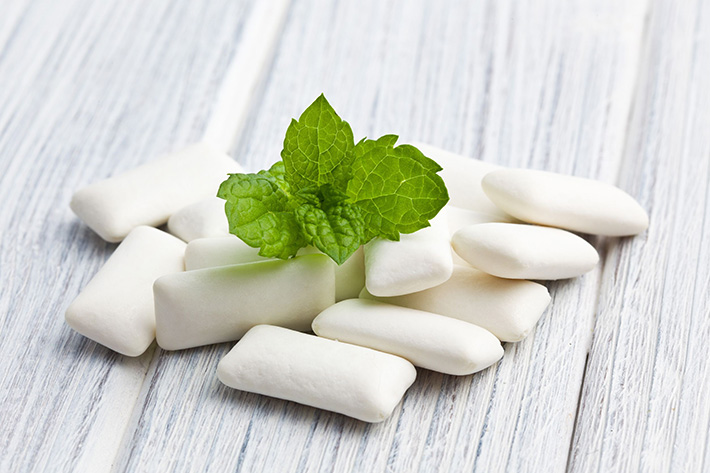Xylitol is one of nature’s more powerful weapons when it comes to dental care and protecting your teeth. While, in short, xylitol is a sugar substitute it’s also one of the best defensives in oral care and the general wellbeing that comes with good dental hygiene.
Xylitol can have positive effects on the wrath of tooth decay as well as tackling an existing cavity you have in your teeth right now.
Xylitol is a naturally occurring sugar alcohol used as a sweetener. While sugar free items are often touted as a great way to avoid the bacteria attracting sugar in your mouth, Xylitol is not your average sugar replacement. There’s a lot of difference between Xylitol and other sugar substitutes that make it a far better replacement for sugary items than a lot of the sugar free you see on the market.
Below is a comprehensive guide to everything you need to know about Xylitol and its benefits as a sugar substitute.
What is Xylitol?
Xylitol is a naturally occurring sugar alcohol that is often used as a sugar free sweetener. It’s a crystalline substance that looks and tastes almost identical to sugar and is derived from natural occurring materials in the forest and in agriculture—present in many berries and vegetables and even being naturally present in the human body. One of the biggest benefits of Xylitol is that it is not chemically produced like other common sweeteners.
Benefits
Many studies have been done on Xylitol. It has been found to have a positive effect on bone density. It can also help with weight loss and blood sugar levels, reducing insulin. It also as an obvious benefit on oral health to replace sugar which attracts bacteria to your teeth when you eat sweet items with high sugar content.
Impact on Oral Health
Xylitol does not break down like naturally occurring sugars and does not attract oral bacteria whose acid causes cavities and infections. This can reduce tooth decay and help prevent gum disease. It can neutralize pH levels and prevents further enamel destruction in progress. You can decrease acid producing bacteria by as much as 90%.
Related Questions
What are the risk factors Xylitol?
There are no major side effects of Xylitol and it has been approved for oral care in the US and Canada. While there are no major complications from using it as a sweetener, excessive consumption can lead to abdominal stress and some digestive issues.
How should I use Xylitol?
You should be using around 10 grams of Xylitol a day and aim to use it throughout the day between meals and snacks. Frequency of use is more important than quantity so make sure you’re using it throughout the day.
Talk to your dental professional about Xylitol and how it can be effective for you in stopping tooth decay and promoting general oral health.
Our Walled Lake Dental Office is committed to your smile and that begins with good overall oral and dental health. Dr. Hechtman and his highly trained staff provide the best in general and cosmetic dentistry in our community. We offer the most conservative and innovative options available in dentistry today.
With over 40 years’ experience, our dental clinic can address all your dental health concerns through every life stage including children’s dentistry, smile restoration, dental treatments, and more! Call today for a Free Dental Consultation!
